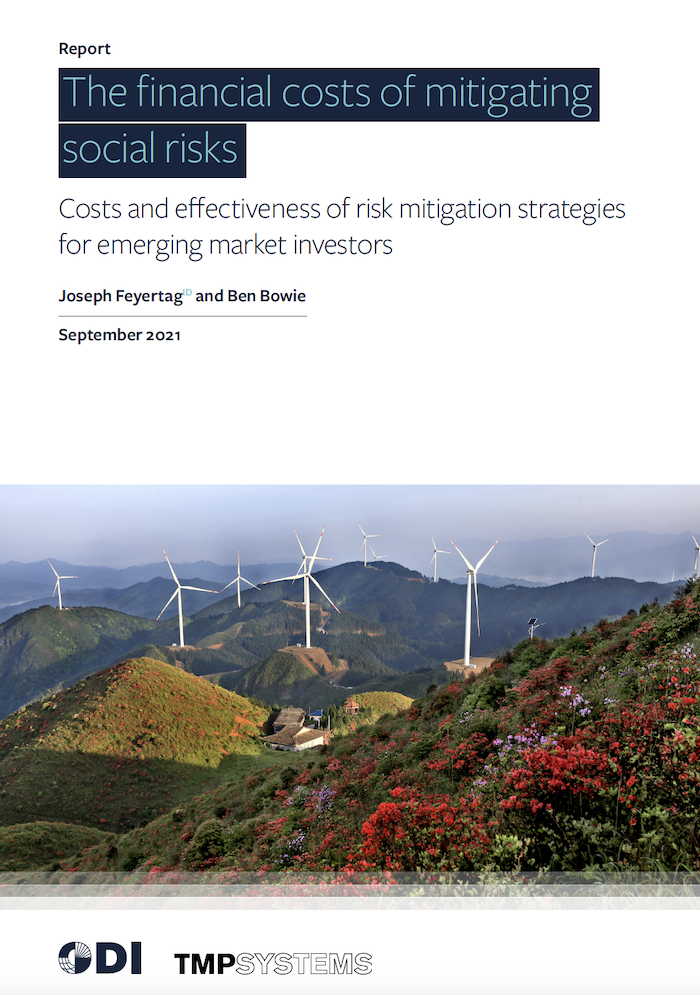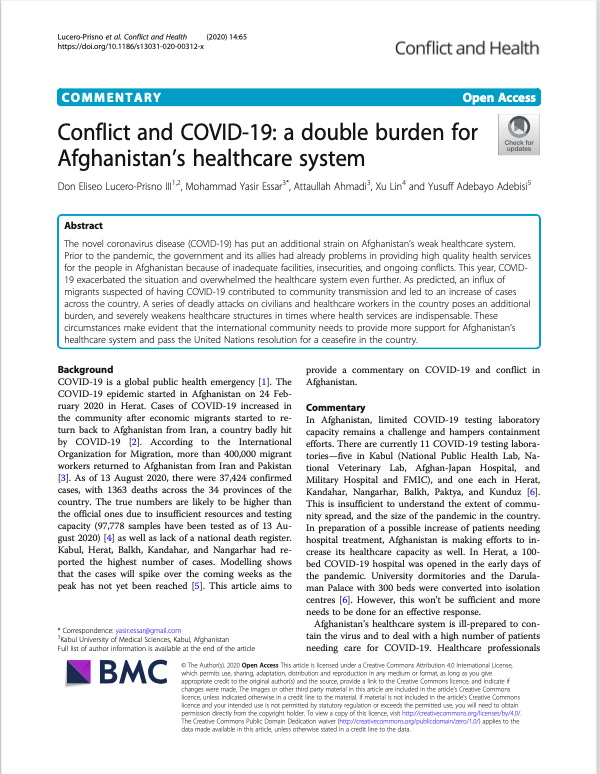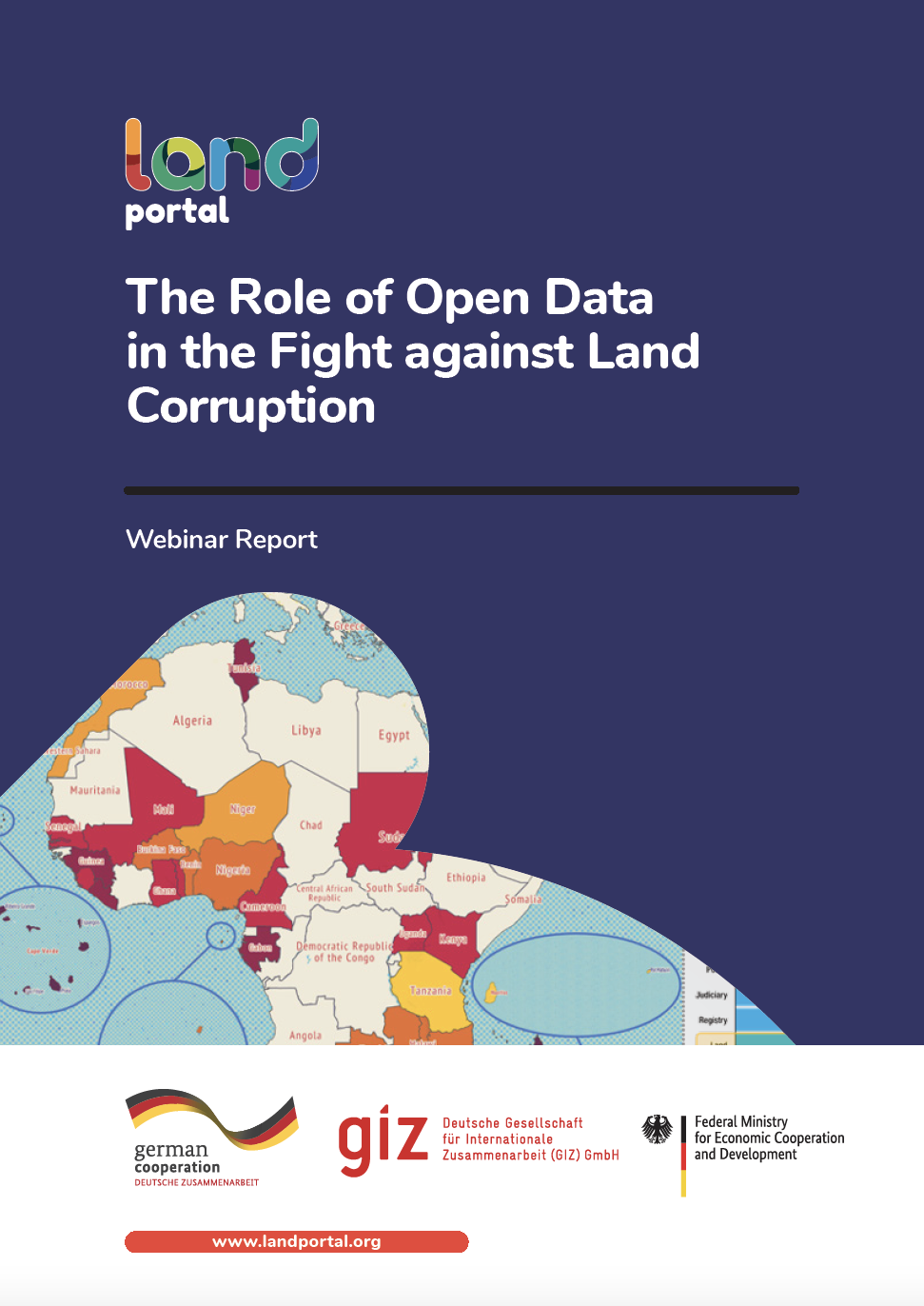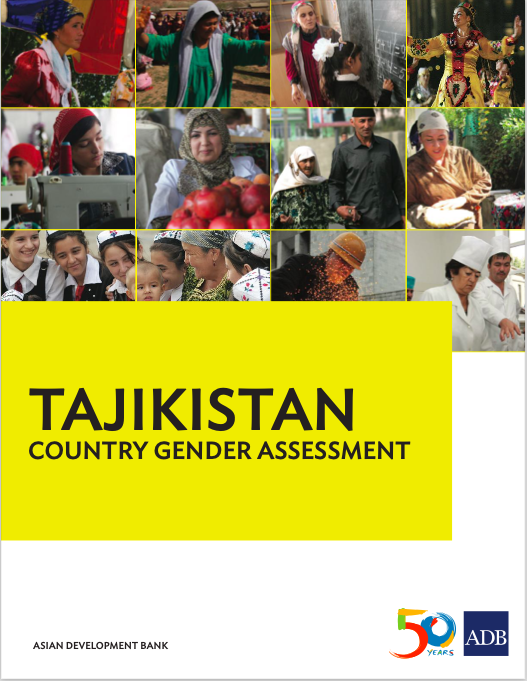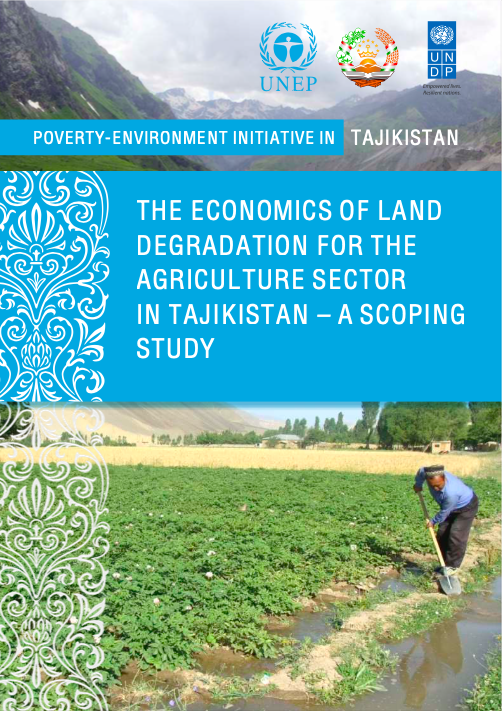The Journey to a Better Tomorrow: Land;Climate Change and Gender. Experience from the Field
Liberia has long maintained a dual land tenure system over statutory and customary lands characterized by unclear terms of ownership. Most rural Liberians depend on common resources for their survival. These are largely communally owned;used and managed. But the Liberian government has effectively treated all un-deeded land as public land to be administered by the State. This has undermined the land rights of the majority.





